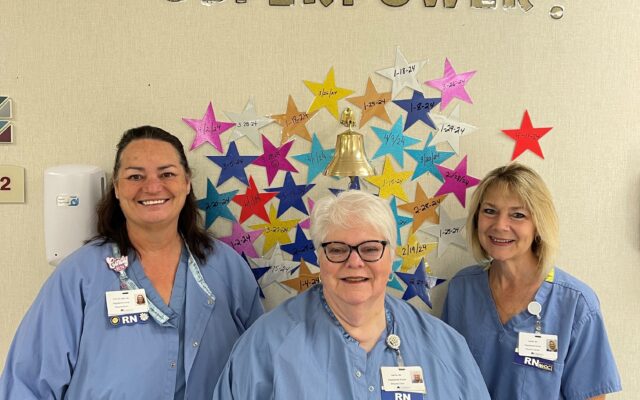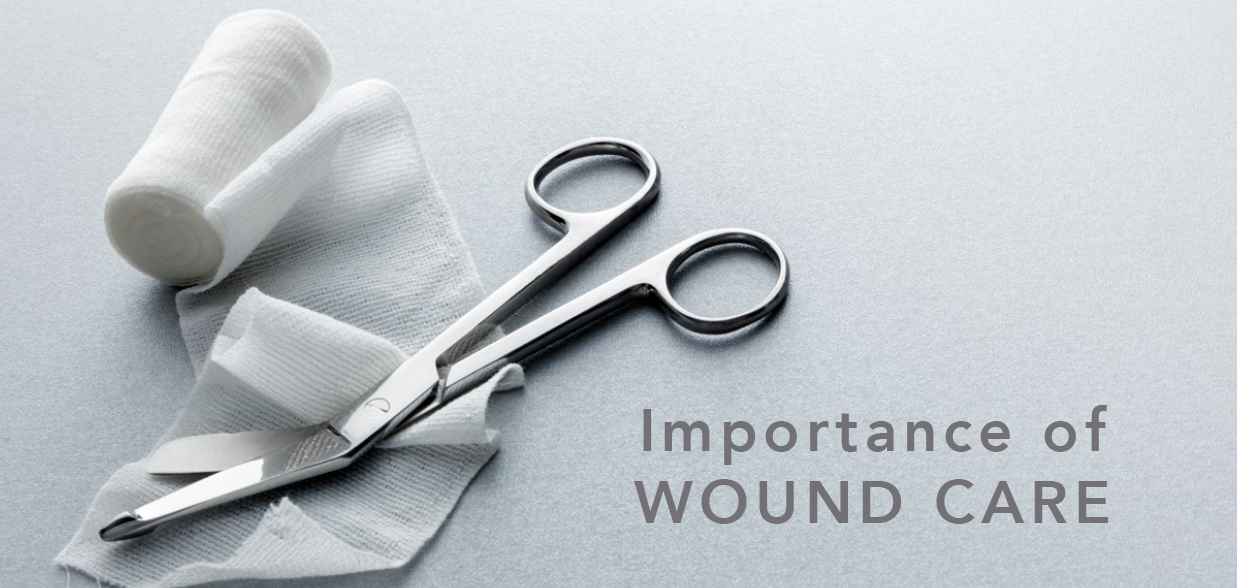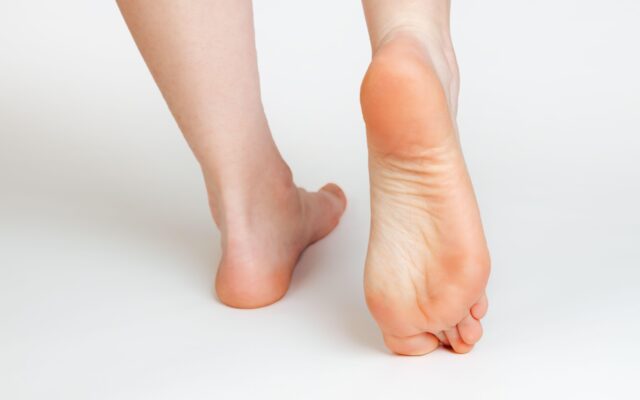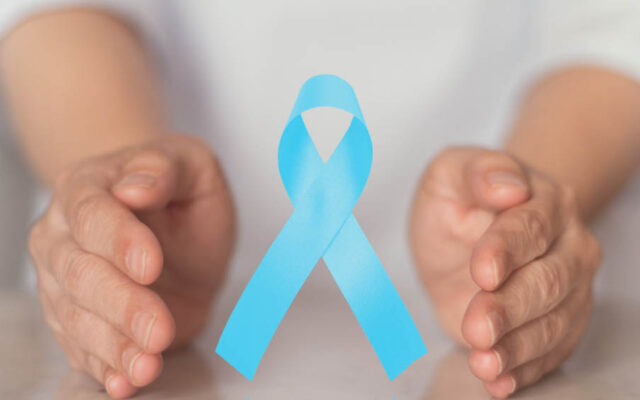
Now Scheduling Primary Care Appointments Online. Book Now.
Wound Care Center

Dealing with problem wounds. Common types of wounds
At any given time, approximately 6.5 million Americans are living with a non-healing wound. In the U.S., 3% of the population older than 65 years have open wounds. Of the estimated 537 million people worldwide who have diabetes, 19-34% will develop a diabetic foot ulcer in their lifetime.
The Oaklawn Wound Care Center treats non-healing wounds using advanced wound healing modalities according to evidence-based practice guidelines. The wound care team is equipped with expertise in the science and art of managing non-healing wounds.
Common Wound Types/Conditions
- Diabetic wounds
- Ulcers related to venous and arterial disease
- Pressure injuries
- Wounds associated with lymphedema
- Non-healing surgical wounds
- Lacerations, skin tears, and traumatic wounds
- Atypical and malignant wounds
- Some burn injuries
- Wounds related to radiation injuries
- Wounds related to skin infections and underlying bone infections (osteomyelitis)
When to seek out advanced wound care?
Four key factors to successful wound healing:
- Early Intervention
- Frequency of Visits
- Patients Engaged in their Care
- Advanced Wound Healing Modalities
Early referral and early intervention = improved healing times.
Advanced Wound Care Treatments
- Debridement to remove damaged tissue
- Advanced dressings to maintain moisture balance
- Control of swelling
- Pressure reduction
- Prevention/treatment of infection if present
- Nutrition
- Negative pressure wound therapy (“wound vac”)
- Cellular and tissue-based products
- Co-management with other specialists like vascular, lymphedema clinic, dietician, dermatology, surgery, infectious disease, and plastic surgery to name a few.
What to expect at your first wound care visit?
Once a referral is received, the patient will be contacted to schedule the first appointment. Please bring insurance information and a current medication list to the initial visit. A thorough history and physical will be performed to help determine the underlying cause for the non-healing wound(s). A plan of care will be developed, and the wound (s) will have a dressing applied prior to the end of the visit. The patient will receive a copy of their discharge instructions to help them care for their wound in between wound care visits. Patients are usually scheduled for weekly follow up until the wound(s) are healed.


